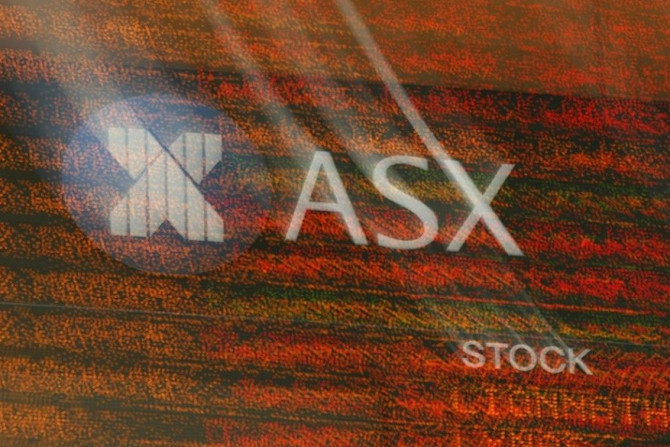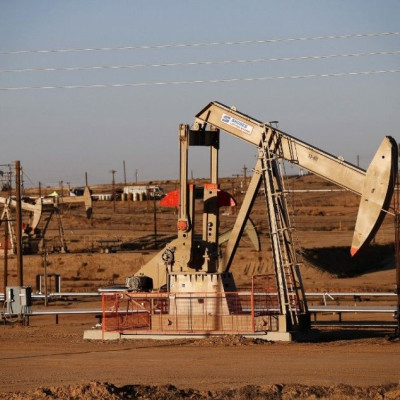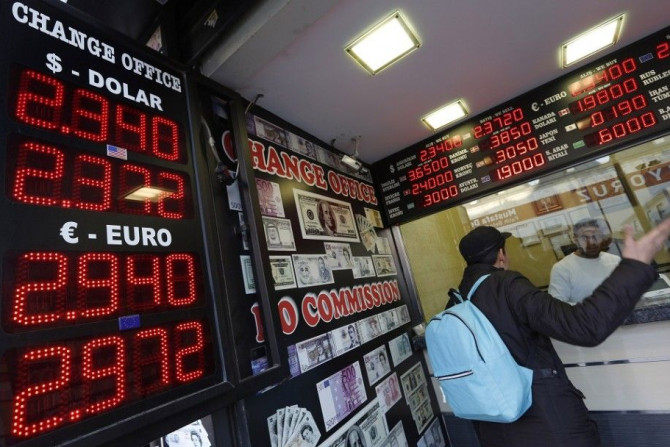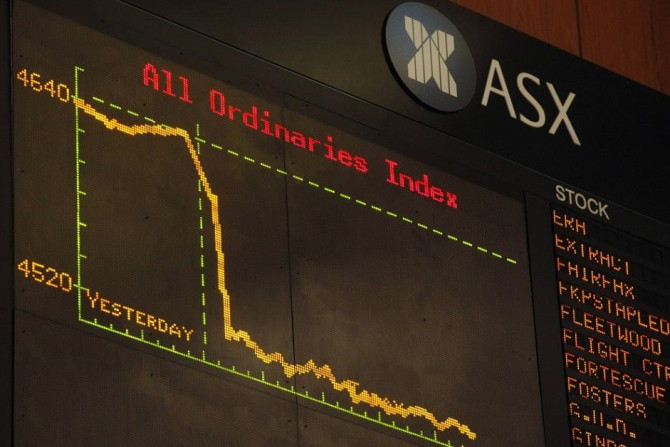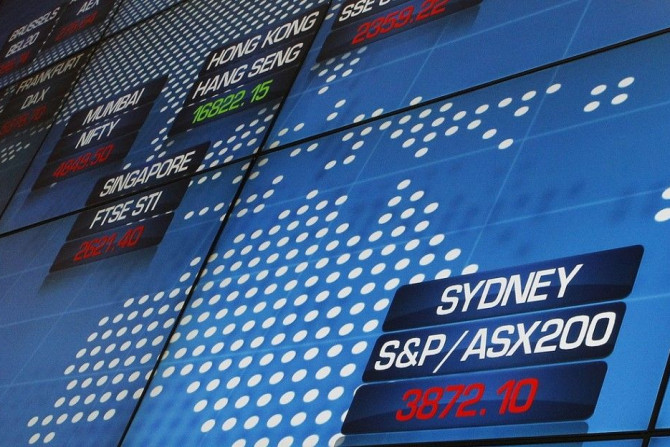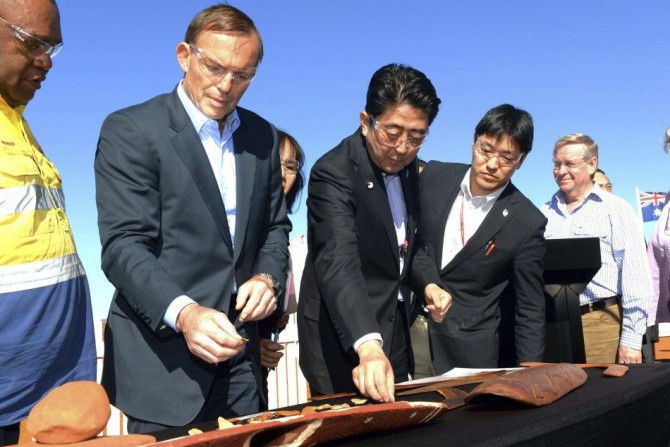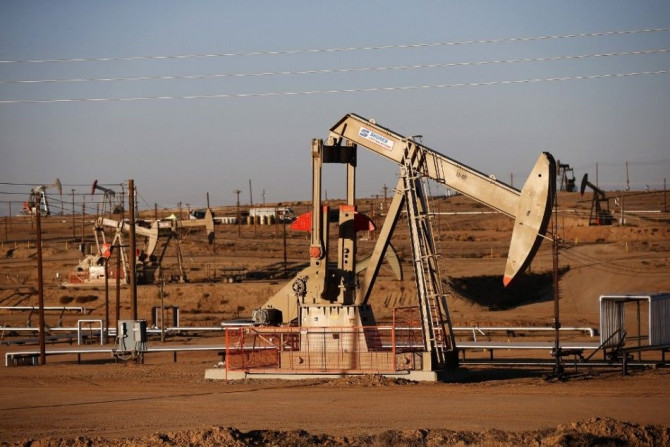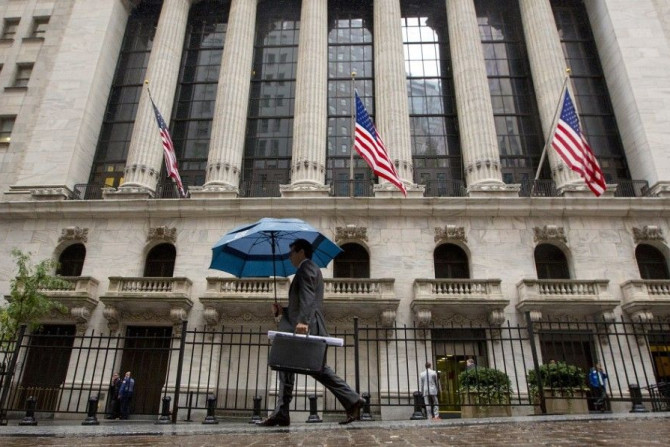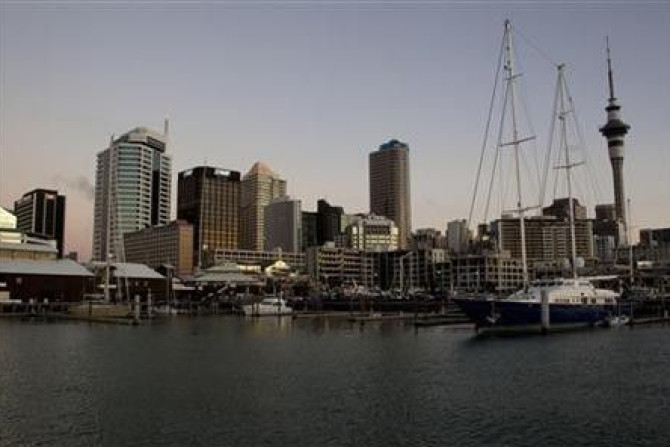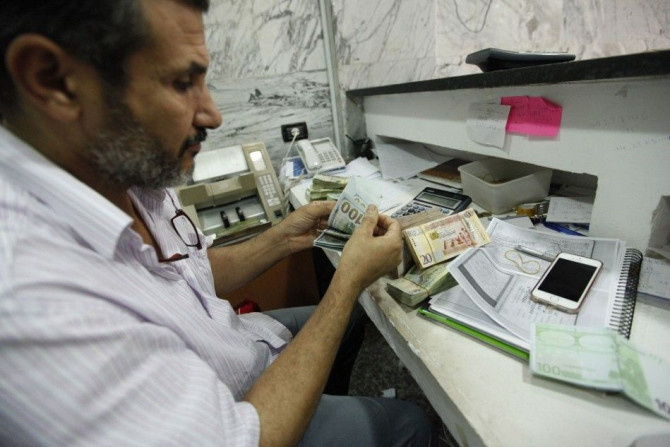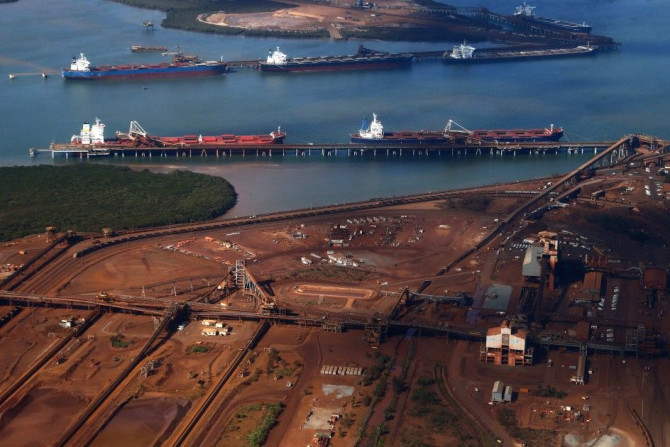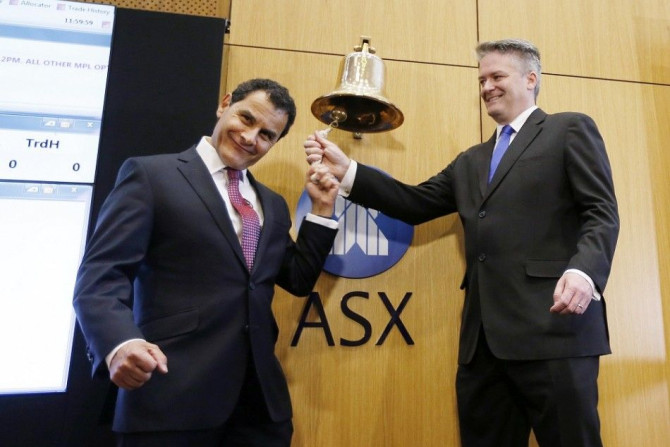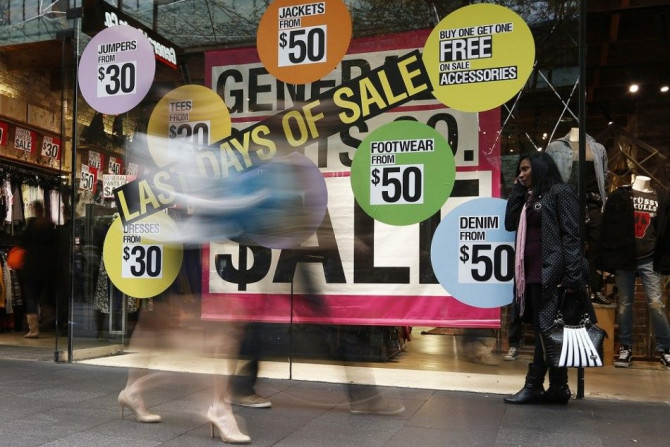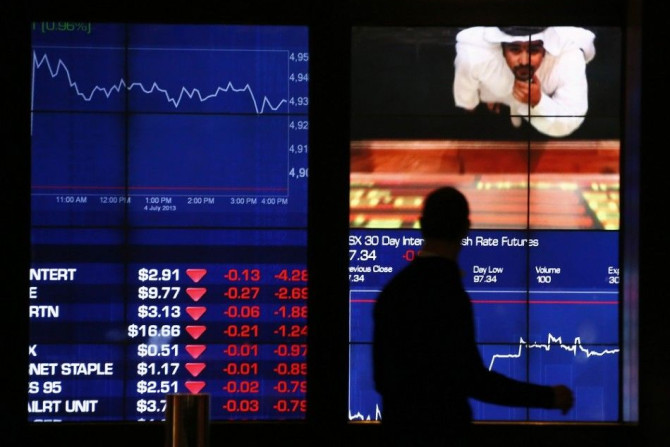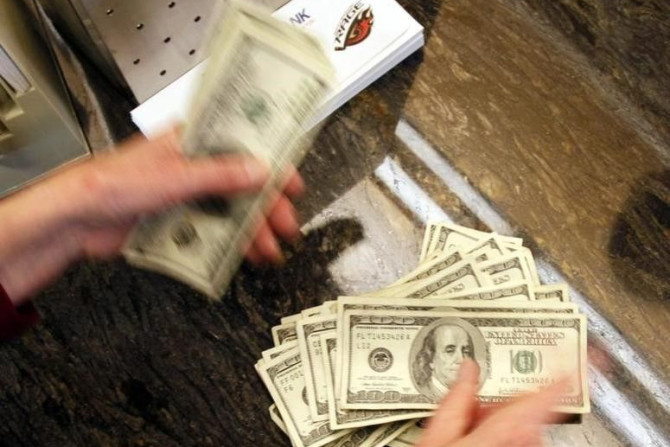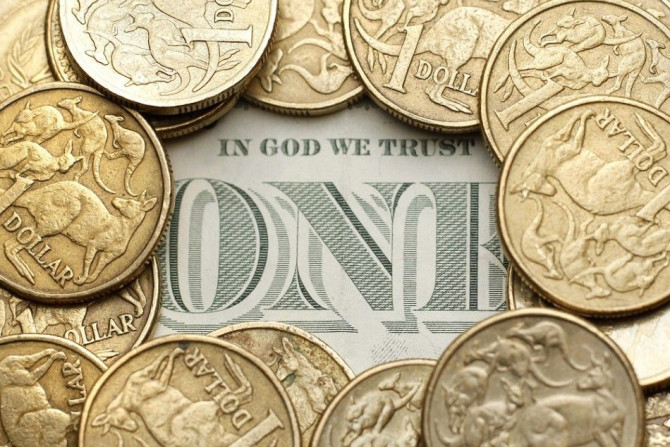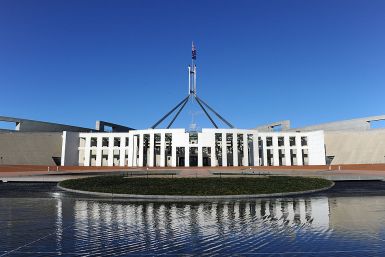The Australian Dollar is unchanged from this time yesterday, having given back some overnight gains as volatility increases in global markets.
It's the end of the year, a busy season for doomsayers and hoaxers. This explains why everyone is talking either about World War 3 to be initiated by Russia or writing hoax articles.
Equities rebounded in European trade whilst US equities struggled as investors exercised caution heading into the FOMC meeting. Additionally, oil prices remained extremely volatile, with weakness prevailing. In Europe, traders focused on surprisingly firmer manufacturing and services PMIs, along with a vast improvement in the ZEW economic sentiment readings.
In US economic data, housing starts fell by 1.6% in November to a 1.028 million unit pace. Building permits fell by 5.2% in November. Despite the mild pullback the housing sector continues to see healthy improvement. The Markit Flash PMI eased from 54.8 to 53.7 in December - a 11 month low. A reading above 50 still signalled an expansion in activity. Across the sub-indices output and employment expanded at a slower pace.
Losses worsened this afternoon with Australian shares falling by 0.7 per cent and closing at a fresh two-month lows in the process. The ASX 200 Index lost 0.7 per cent with both mining and energy industries slumping by around 2 per cent.
Australian shares are falling for the sixth straight session and trading at two month lows. The ASX 200 Index is down 0.5 per cent with the energy and mining sectors continuing to be the main liabilities.
Sony hackers released another instalment of leaked documents.
Australia has traditionally been dependent on the mining industry and falling iron ore prices may affect the budget.
The Sydney siege ends in tragic circumstances in the early hours of this morning with a sad loss of life for some innocent people. Market moves in Australia remain dominated by global events.
Equities tapered off in the US and tracked weakness seen in Asian and European trade. Turmoil in the energy space continued to cloud positive developments on the US economic data front.
In US economic data, industrial production rose by 1.3% in November after advancing by 0.1% in October - marking the largest rise since May 2010. Capacity utilisation rose from 79.3 to 80.1 - the highest reading since March. The New York Fed Empire State index fell from +10.16 to -3.58 in December - the first negative result in almost a year. US NAHB Housing Market Index eased from 58 to 57 in December - highlighting that home builder sentiment remained relatively optimistic.
The strength of New Zealand property market is that it has no restrictive policy that may repel foreign buyers.
Tesco Direct, a website selling Playstation games, has hinted at a July 31, 2015 release for the "Uncharted 4: A Thief's End"; game series.
Australian shares at 2.30pm AEDT are down by 0.6 per cent; adding to last week's 2.2 per cent slump. Although most sectors are losing ground the telcos, IT stocks, utilities and healthcare industries are modestly firmer. Mining companies are faring worst; with BHP Billiton (BHP) down 1 per cent and Rio Tinto (RIO) is down 1.1 per cent.
Apple Inc (AAPL) stock is expected to continue soaring high in 2015 with strong iPhone 6 sales and the launch of the Apple Watch.
The drop in oil prices in the past few months has raised concerns about the consequence of prolonged low prices of the commodity.
The Australian Dollar has opened trading this morning in the mid .8200's after another day of weaker commodity and equity markets on Friday.
Global equities extended their slide on Friday, with investors continuing to focus on the slump in oil prices. Oil remained at levels not seen since mid-2009 with WTI remaining below $60 per barrel. Apart from China, which benefited from some surprisingly solid data, the rest of the globe struggled on Friday. Retail sales and fixed asset investment were mildly better than expected, but industrial production fell short presumably due to factory closures ahead of the APEC summit.
Based on the movement of iron ore prices in the global market, mining giant BHP Billiton (ASX: BHP) forecast that the price of this key-steelmaking ingredient would not breach $100 per tonne.
In US economic data, consumer sentiment rose from 88.8 to 93.8 in December - a near eight-year high. The survey's barometer of current economic conditions rose from 102.7 to 105.7 - highest level since February 2007. The survey's one-year inflation expectation rose from 2.8% to 2.9%.
There is a 40 percent slump in oil prices, therefore even a 5 percent cut in air ticket looks legitimate.
It appears The Pirate Bay is back in business as it reportedly popped out of Costa Rica. Following Swedish police crackdown on the site, the notorious file-sharing site appears to back up through a Costa Rican web address. This also follows declarations of Pirate Party head Bruno Kramm that it is impossible to close down sites as such because multiple servers will eventually go up for their sake.
The Australian sharemarket has closed weaker, with investors cautious ahead of the release of a raft of Chinese economic data, including retail sales and industrial production for the month of November. The ASX 200 slipped 0.2 percent to 5,219. Today's falls takes this week's losses to 2.2 percent.
The Sydney city government allowed on Wednesday retail outlets to remain open for business 24 hours a day beginning December 10 until 25. It is the first time that stores have been allowed to open the whole day across the city without a need by the retailers to apply for a special permit.
Australian shares are falling slightly for the fourth day with gains across US markets and a pause in energy sector selling helping to minimise losses. The ASX 200 Index is down 0.1 per cent with the mining industry the main drag. Plenty of monthly economic news in China this afternoon at 4.30pm AEDT (after the close of the Australian market) might keep investors a little cautious today.
Nobody really hates getting presents -- you just have to find the right one
Russian economy is battling problems on multiple fronts that range from falling oil prices to depreciating currency.
The Australian Dollar is trading lower this morning, having given up gains made on the back of yesterday's good jobs data.
The Australian dollar hit a four-year low on Thursday at US82.15c but it recovered and closed at US83.20c. Reserved Bank of Australia (RBA) officials warn that the Aussie dollar could further depreciate to US75c.
A round of positive US economic data seems to have reinvigorated the greenback, with retail sales and unemployment claims both coming in ahead of estimates.


